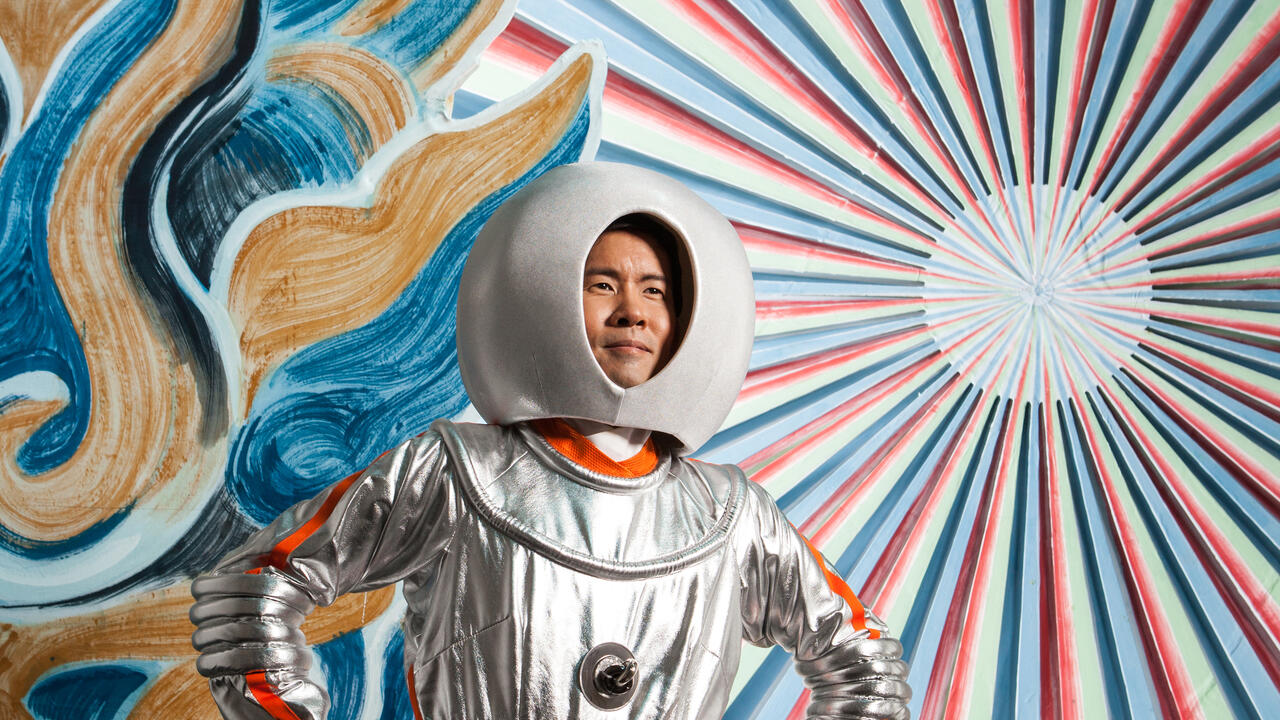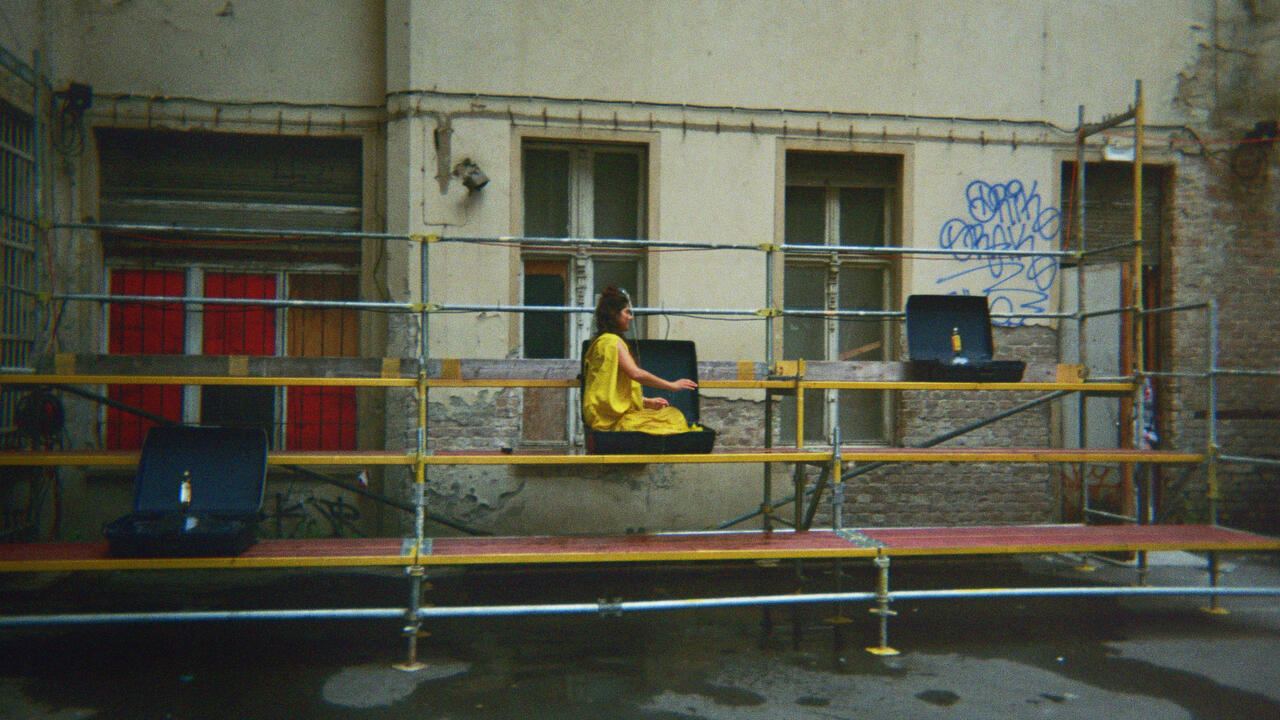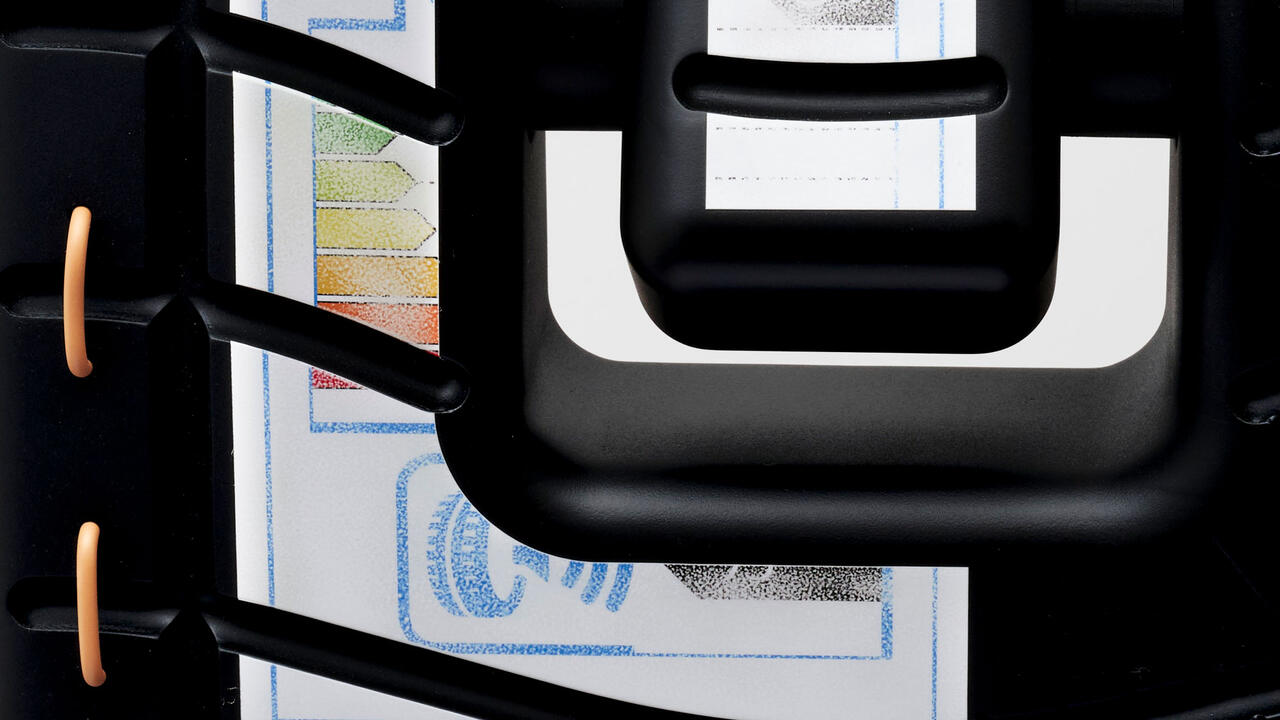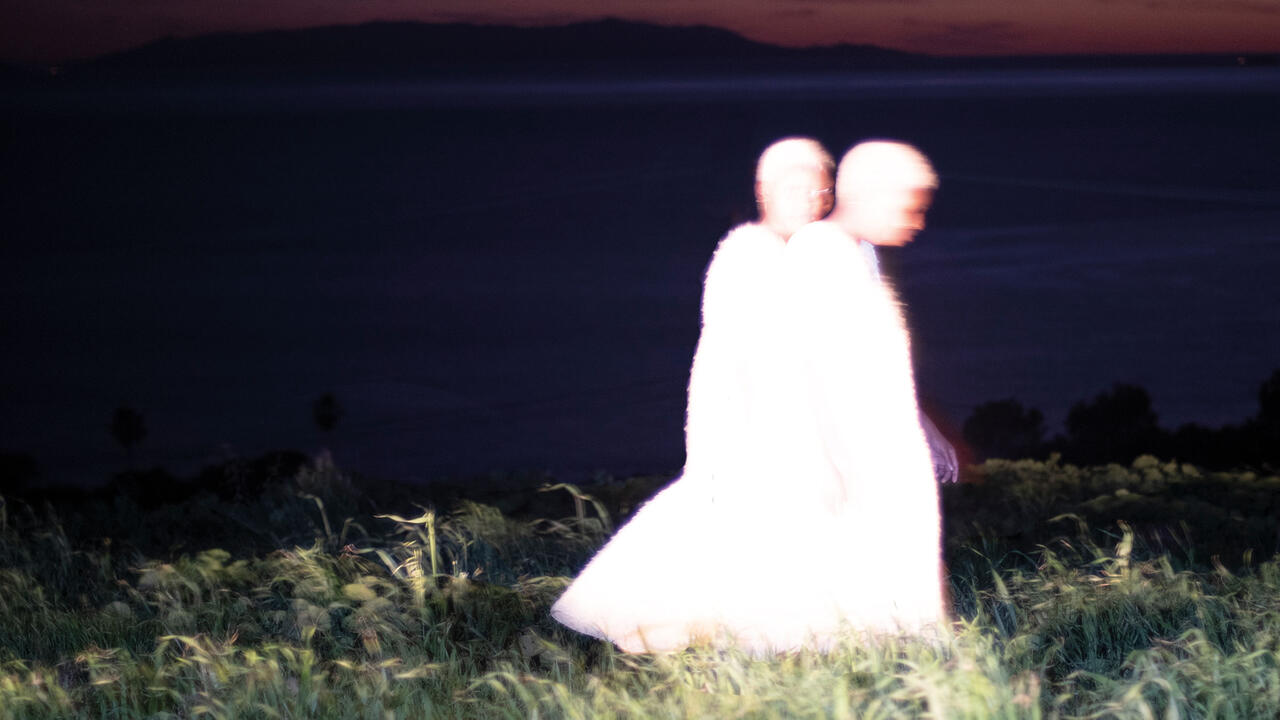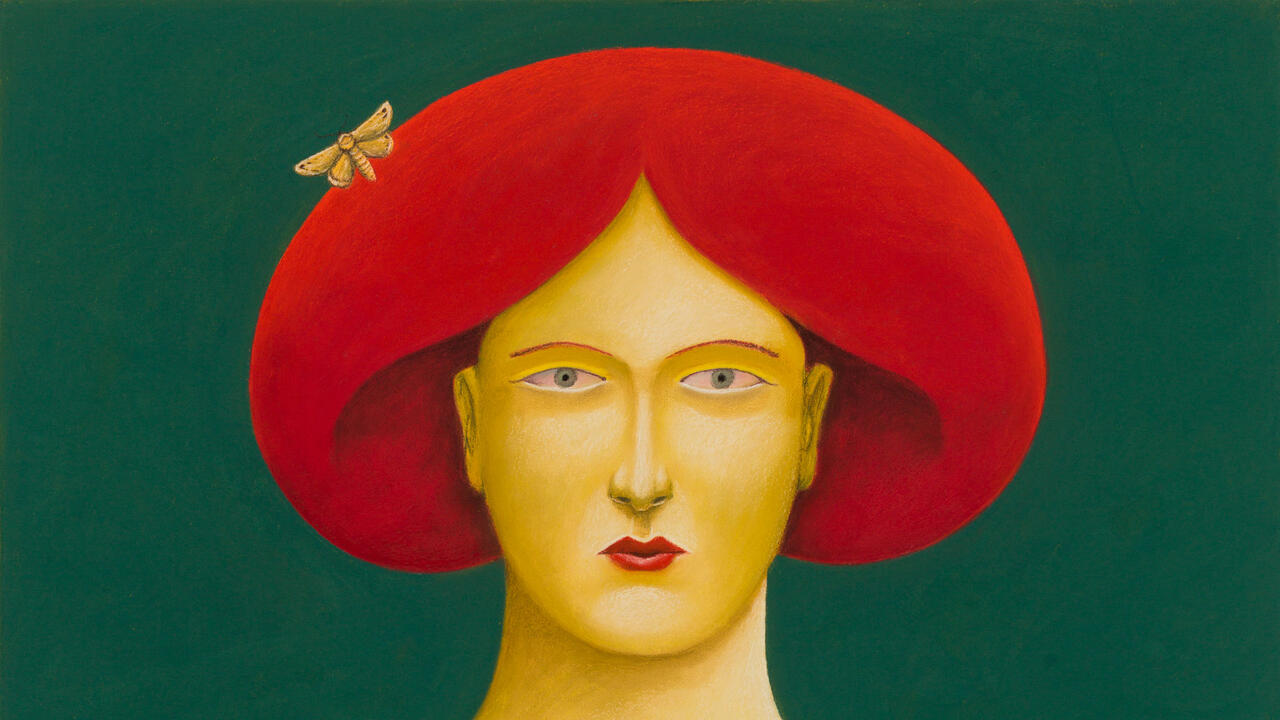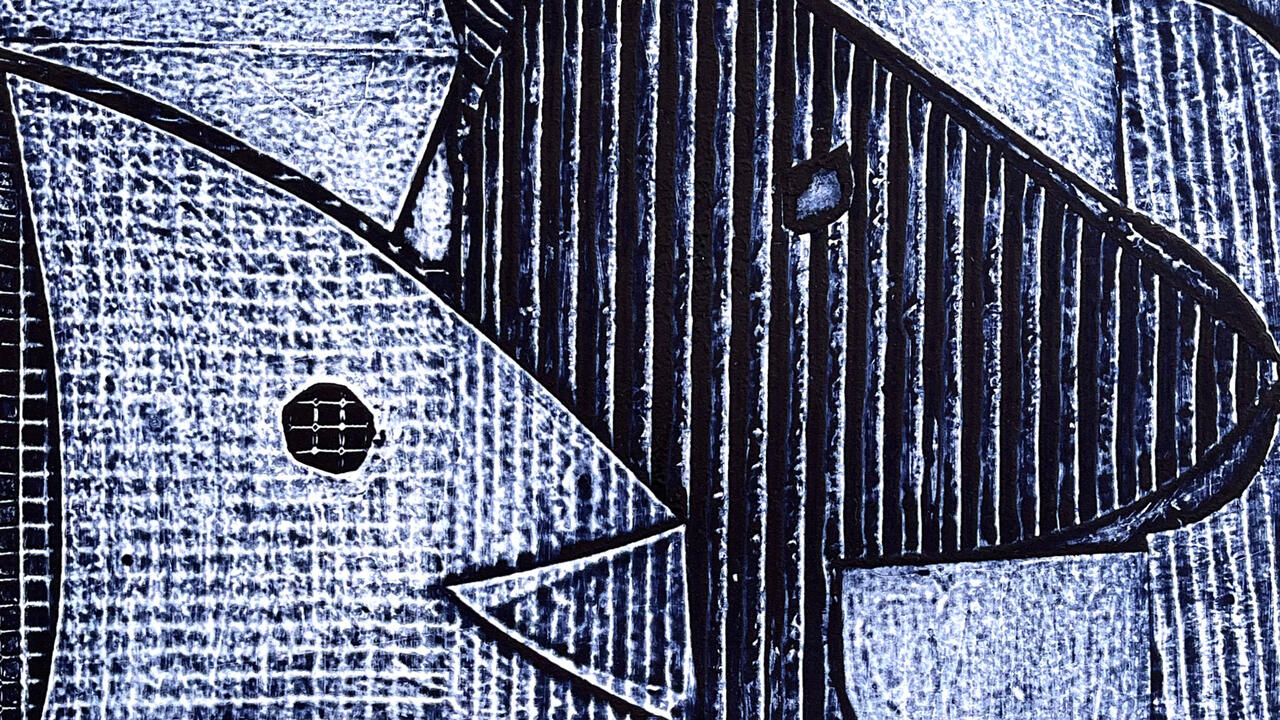‘It’s Catastrophic’ – How the UK’s Immigration Demands Hurt the Art World
A visa application system which is often opaque, bureaucratic and racist – exacerbated by the prospect of a no-deal Brexit – is becoming a headache for art workers
A visa application system which is often opaque, bureaucratic and racist – exacerbated by the prospect of a no-deal Brexit – is becoming a headache for art workers

‘It’s catastrophic.’ Claudia Zeiske, founding director of arts organization Deveron Projects in Huntly, Scotland, is in no mood for tip-toeing around the issues. She believes the UK visa application system is overwhelmingly bureaucratic, often racist and troublingly lacking in transparency. Along with Natalia Palombo of Glasgow’s Many Studios, Zeiske was behind the recent Edinburgh Art Festival event, ‘Movement of Freedom’, an afternoon of discussions exploring the impact of UK visa regulations on the arts in Scotland. As Edinburgh’s internationally renowned festival season hits its busiest period, it’s an issue on the minds of many in the country’s cultural sector, with concerns exacerbated by the prospect of a no-deal Brexit on 31 October. For Palombo, the current system is, she says, ‘highly unorganized and unclear, characterized by perplexingly high refusal rates and costs to the time and resources of artists and sponsors’.
Both have good reason to be angry about the visa application process, having had recent experience of refusals. For Zeiske, it was the Gaza-based artist May Murad, denied entry to the UK to take part in a residency at Huntly last year. Palombo, meanwhile, was unable to bring the Nigerian artist Ayọ̀ Akínwándé to Glasgow for his exhibition at Many Studios’ gallery space in March 2019. Both artists spoke via Skype at the ‘Movement of Freedom’ event, which was in part convened in order to produce a manifesto that will, explains Zeiske, act as a statement by Scotland’s arts community ‘that we want to be welcoming, that we need exchange, that we don’t want to be seen as a hostile and inhospitable country’. The intention is to also publish a ‘toolkit’ for artists and organizations in order to ‘give people the best chance to not get rejected’.

Another speaker during the event at the city’s Stills Gallery was the director of Edinburgh International Book Festival, Nick Barley. Last year he went public with his concerns after 12 writers from the Middle East and Africa had their initial requests to attend the festival turned down. While a lot has changed since then – not least the delay of Brexit and departure of former British prime minister Theresa May, who as home secretary was the architect of the much criticized ‘hostile environment’ approach to immigration – Barley stressed in his contribution to the event that despite media coverage of the issue (including by frieze) and the publication of an immigration white paper in December, the government ‘has really done nothing, frankly’ to address the problem.
Others have been highlighting the shortcomings of the system. A report published last month by the All-Party Parliamentary Groups (APPG) for Africa, for Malawi and for Diaspora, Development and Migration states that Home Office data shows African applicants are more than twice as likely to be refused a visa than those from any other part of the world. Labour MP Chi Onwurah, chair of the APPG for Africa, described the system as ‘broken’, adding: ‘It is embarrassing, patronising and insulting to African applicants and leaves the slogan of “Global Britain” empty and meaningless.’

Alasdair Campbell, artistic director of Glasgow’s Counterflows music festival and another contributor to Movement of Freedom, recounts his own experience of this anti-African bias. Despite being funded through the British Council’s West Africa Arts Festival Fund, his attempt to bring three Ghanaian musicians to Scotland to develop a new work for this year’s festival in April was thwarted by their visa refusals. He points to the fact that many festivals work with emerging artists who may not be financially secure, making them more likely to be considered a risk by the UK Border Agency. ‘This makes a mockery of the criteria set not just by the arts sector but also the British Council’s remit for collaborating internationally,’ says Campbell. ‘It seems to me there is an intentional disconnect between the Home Office and other government agencies.’
Many visual artists, musicians, authors and performers continue to come to the UK, as the international nature of Edinburgh’s festivals attests: the book festival says it is welcoming around 900 authors from 65 countries while 41 different countries are represented by the 2800 artists at this year’s Edinburgh International Festival (EIF). In a statement, the EIF said it has ‘a constructive and enduring relationship with the Home Office’ and is ‘actively pursuing a range of initiatives that will ease UK entry of artists in an unpredictable political environment’. It concedes, however, ‘that some of our colleagues in the festival sector have had visa difficulties and we will continue to work towards achieving a simpler, but still effective, visa system for all artists taking part in our festivals.’
Such soberly diplomatic wording is perhaps understandable from a large and well-established festival. Movement of Freedom’s proposed manifesto, judging by the draft version shared with frieze, adopts a more robust tone. Calling for transparency and accountability, it bluntly states that the current visa system ‘undermines the dignity of international artists and their sponsors’.
Main image: L-E-V Dance Company at Edinburgh International Festival 2018. Courtesy: Getty Images; photograph: Roberto Ricciuti









